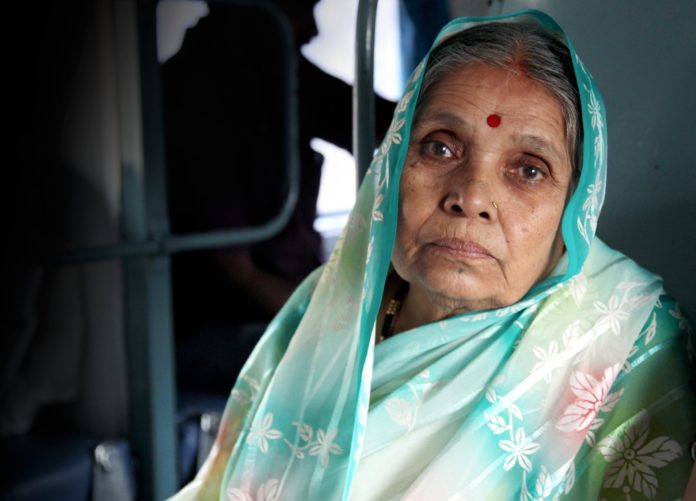Study shows frail patients are 38% less likely to be listed for transplantation
Patients who are frail, have less chances of getting a transplant. The findings of a study that case to this conclusion were presented at the ASN Kidney Week 2018.
Frailty is associated with lower likelihoods of being placed on the kidney transplant waitlist and of receiving a transplant. Patients were considered frail if they had three or more of the following components: unintentional weight loss, decreased grip strength, slowed walking speed, and low activity.
ASN Kidney Week 2018, the largest nephrology meeting of its kind, provides a forum for more than 13,000 professionals to discuss the latest findings in kidney health research and engage in educational sessions related to advances in the care of patients with kidney and related disorders. It is currently on.
Of the one-two lakh people in India who require an organ every year, only about 5,000 manage to get a transplant.
India has a high burden of kidney diseases. Health ministry estimates that every year about 2.2 lakh new patients of End Stage Renal Disease (ESRD) get added in India. However lack of awareness means despite high numbers of road traffic accidents, only a small proportion of people in need of a kidney manage to get one.
Of the one-two lakh people in India who require an organ every year, only about 5,000 manage to get a transplant.
To investigate whether frailty in patients with kidney failure may affect their likelihood of receiving a kidney transplant, Christine Haugen, MD (Johns Hopkins Hospital) and her colleagues studied 7078 potential kidney transplant candidates from 2009 to 2017.
Frail participants were 38% less likely to be listed for transplantation, had nearly twofold increased risk of dying while on the transplant waitlist mortality, and underwent transplantation at a 35% lower rate than nonfrail participants.
“Prehabilitation may be a useful tool to increase physiologic reserve and subsequently improve access to kidney transplantation among frail patients,” said Dr. Haugen.


